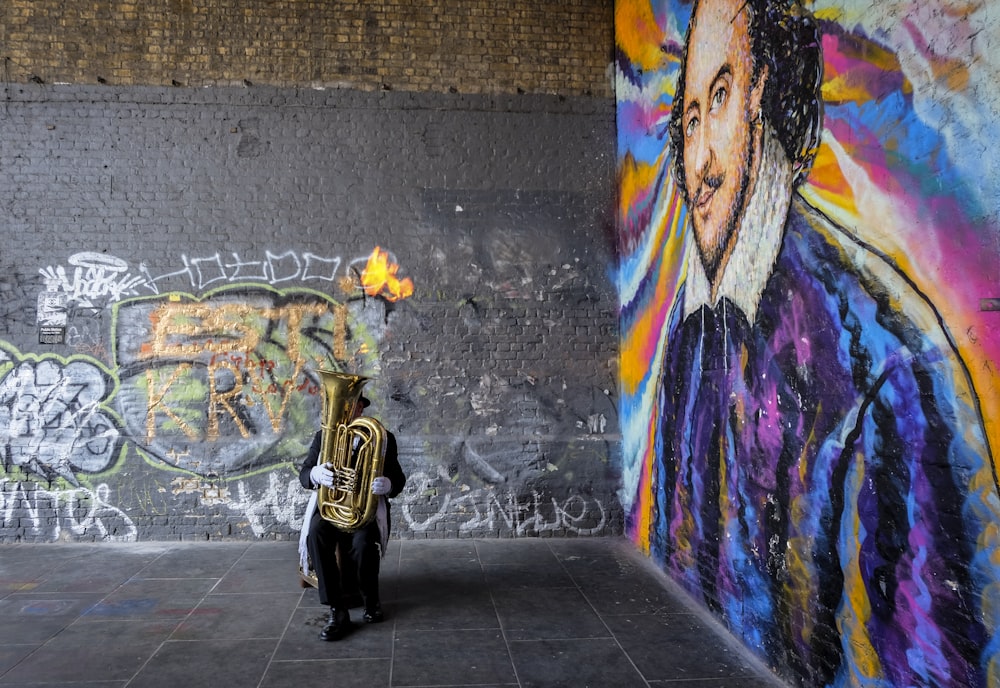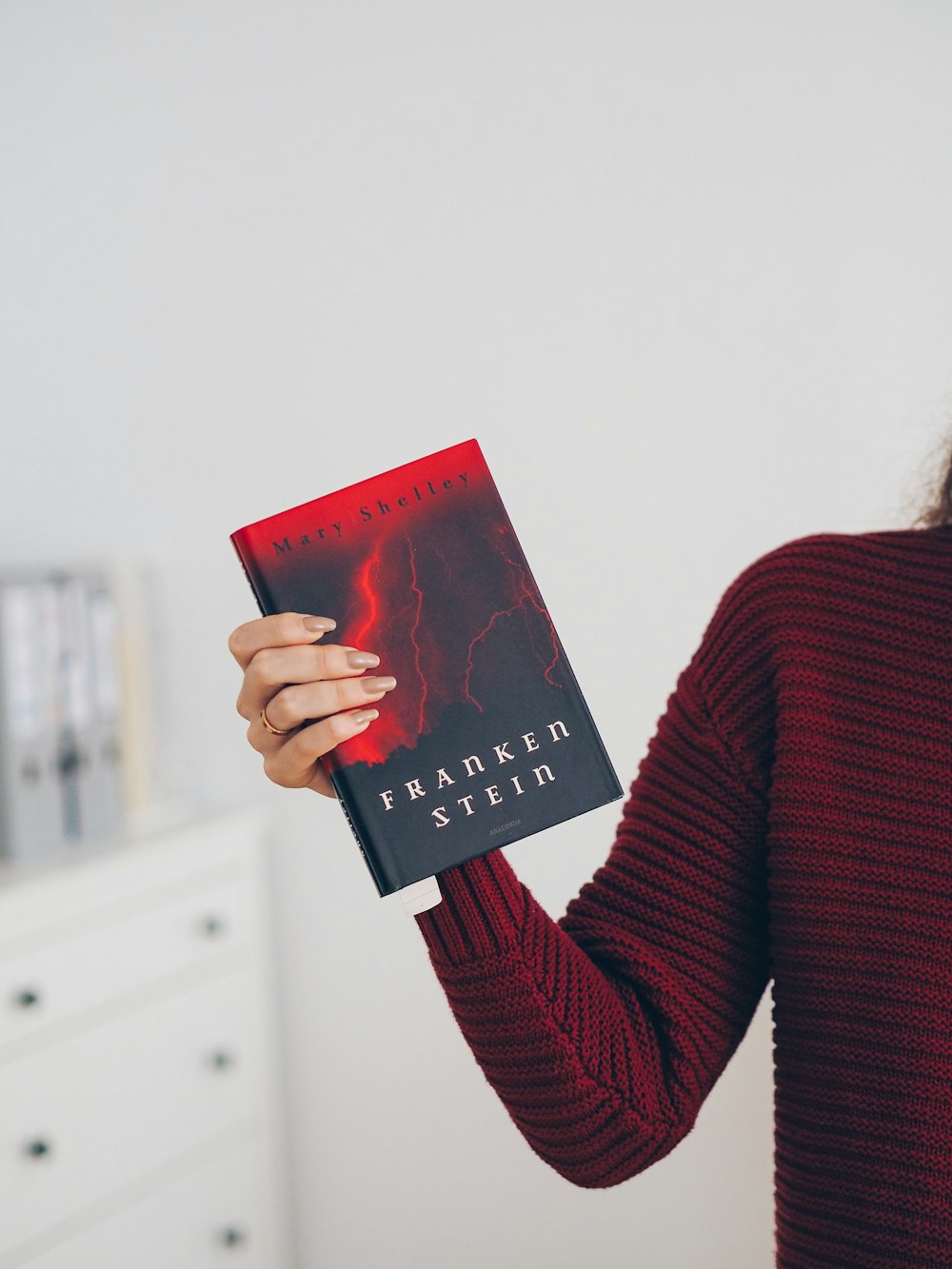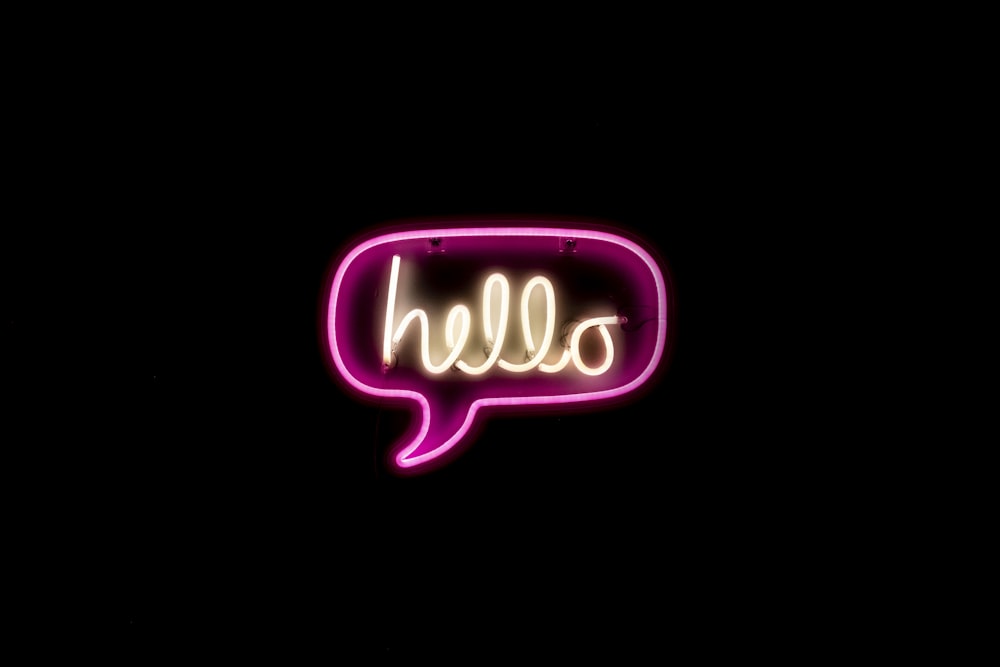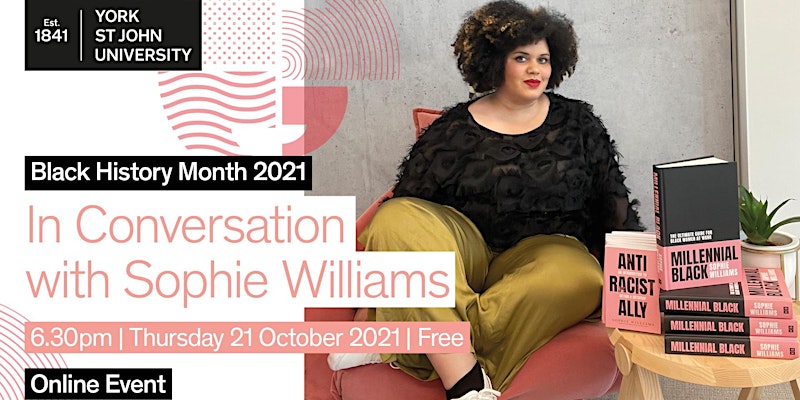Dr Zoe Enstone and Dr Adam Smith in Humanities are looking for a student researcher to work on their Representations of York Project, which is part of the university’s Students as Researchers Scheme.
The Human Experience of War: Online lecture on 1st December
Literature staff and students are invited to hear a special online lecture by Dr Carla Barqueiro, who is based at Johns Hopkins University in the United States. Dr Barquerio will be talking about the human experience of war. The lecture will be held on Wednesday 1 December at 5pm. It is free and open to all. To register, please go to: https://www.eventbrite.co.uk/e/human-experiences-of-war-tickets-209213572427?aff=Internal
Dissertation Corner: Tia Clifford on Fairy Tales for Feminists
Recent graduate Tia Clifford sums up some of her dissertation ideas for us in this blogpost.
Fairy-tales: the term itself is attributed to Madame D’Aulnoy, a French writer who coined the term conte de fée in the 17th century (Zipes, P. 222- B).

Oral fairy-tales, I contended in my dissertation, were often likely to have been told by women. Noticeably, Jacob and Wilhelm Grimm were given the title of “dignified scholars” after the publication of Children’s and Household Tales, their first revised fairy-tale collection for mass consumption in 1812; however, the lexis originally surrounding fairy-tales, prior to their appropriation by male writers, tended to be negatively gendered as “domestic art”, “women’s art” or “old wives’ tales” (Maria Tatar, P. XVI). I suggested that fairy-tales were initially a form of female rebellion against the patriarchal society oppressing women. Some fairy-tales acted as proto-feminist critiques of patriarchy, but they can also be viewed as survival manuals or as warnings by women for women regarding the dangers of a male-dominated society. In “Little Red Riding Hood”, for example, young girls learn that men are not always what they seem and that deviating from the socially accepted path will lead to danger. Continue reading “Dissertation Corner: Tia Clifford on Fairy Tales for Feminists”
The Top 10 Books Studied on English Literature! (According to a recent graduate) by Adam Kirkbride (he/him)
As we begin a new semester, and as some of us begin a new path in life as a university student, Adam Kirkbride reflects on his recent undergraduate studies and the books that inspired him:
This semester I began my MA in Contemporary Literature at York St John University, where I also studied for my BA in English Literature. I’ll be completing my MA on a part-time basis, so by the time I hand in my MA dissertation, I will have been at YSJ for five years.
So, I felt now was a good time to stop and reflect on my previous studies, and I’m writing this down because it will help me to remember what I have learned in the years to come. Over the past three years the texts that I studied have helped to shape my views on literature, politics, representation and so much more. Reading is, in my opinion, the best way to educate or entertain yourself in an age of turmoil. And if I get to the end of writing this post without developing an overwhelming desire to read all of these books again, then I will be shocked!
this down because it will help me to remember what I have learned in the years to come. Over the past three years the texts that I studied have helped to shape my views on literature, politics, representation and so much more. Reading is, in my opinion, the best way to educate or entertain yourself in an age of turmoil. And if I get to the end of writing this post without developing an overwhelming desire to read all of these books again, then I will be shocked!
The freedom and independence to pick and choose texts, topics, and modules on my degree was by far the feature that I enjoyed most. I rarely came across a text I disliked, and not once did I have to write about a text which truly bored me with no redeeming factors. Creativity and the study of literature go hand in hand, so it is important when reading to engage with texts that pique your interest and inspire originality. These ten books have nurtured my head and my heart throughout my degree, and I know that I am a better person for having read them. I can only hope that the texts I will read over the next two years will have the same impact on me. Continue reading “The Top 10 Books Studied on English Literature! (According to a recent graduate) by Adam Kirkbride (he/him)”
Black History Month 2021 Event!
Join us for a fascinating discussion on feminism, systemic racism, and identity with Sophie Williams, acclaimed author of Anti Racist Ally and Millennial Black. Sophie will be in joining our Associate Professor in Literature Dr Janine Bradbury in conversation to explore how we can make space for racially marginalised people and how small conversations can spark big change.
To book your free place for this online event click here.
About Sophie Williams
Sophie Williams is a TED Speaker, leading anti-racism advocate and author of Anti Racist Ally and Millennial Black.
She has written for publications such as The Guardian, Cosmopolitan and Elle as well as delivering sessions training for major organisations such as Apple, Sky, Cambridge University and UK Civil Service.
Prior to her writing career, she had a career in advertising, holding positions including Head of Production, Chief Operating Officer, and Chief Financial Officer. She is now a Manager at Netflix, leading Production Planning throughout EMEA.
Event: Words Matter Lecture 2021

Hamlet is, according to UNESCO, the most famous and most translated play in the world. This year, Dr Saffron Vickers Walkling introduces three contemporary global productions of Hamlet and explores how they appropriate Shakespeare’s play to speak to a seismic moment in history: 1989, the year that saw the ending of the Cold War. Lin Zhaohu’s Hamlet (1990/1995) from late communist China and Jan Klata’s H. (2004/2006) from post-communist Poland both hark back to the legacy of that moment of history, particularly its economic legacy. Additionally, Dr Vickers Walkling explores Sulayman Al Bassam’s The Al-Hamlet Summit (2002/2004) which is set in a non-specific country in the Arab world, over two decades later, as the West turned its gaze from the Cold War to the “War on Terror”. In true Hamlet style, each production holds “a mirror up” to their respective local tensions and ideological shifts in a rapidly changing world, and whilst viewed together combine to reflect the splintering and reconfiguring new world orders. Please do join us for what promises to be a fascinating discussion of Shakespeare’s most famous play.
To read more and book a place, click here.
Student Blog Post: Megan Sales discusses Morality in Mary Shelley’s Frankenstein

John Locke’s very influential text ‘An Essay Concerning Humane Understanding’ explores the concept that the mind is formed through experience – nothing is innate. Continue reading “Student Blog Post: Megan Sales discusses Morality in Mary Shelley’s Frankenstein”
Hello and Welcome Back!

It is the start of a new semester here at York St John! If you’ve just joined us, welcome to our Words Matter Blog where you can read student writing and find out more about what is happening on the English Literature Programme. And if you are a returning student, welcome back! And if you are part of the broader YSJ community – a warm hello to you too.
We’re wishing you the happiest of starts to the academic year!
Rainbows of Hope: Brooke Williamson reflects on The Masked Singer
As we are now able to meet with friends, sit in a café, or go to a film, Brooke Williamson looks back on her “comfort viewing” at the beginning of the year when we were at the height of a lockdown. It seems a fitting reflection in Pride season and when we are still thanking our NHS for their work in a difficult time. Here’s to rainbows and hope!

During lockdown it was easy to be a victim of Saturday night television, and I for one know, having been completely sucked into ITV’s primetime The Masked Singer UK back in February. The idea of the show, for those who escaped the tension and suspense, was that 12 celebrities transformed themselves by hiding their identity behind a creature or animal and performed songs, whilst battling it out to retain their mask – and consequently, keep their identity a secret. From the photograph of this series’ contestants there was one character, in particular, that caught my attention. This was the Dragon, who was later unmasked as Sue Perkins of The Great British Bake-Off. Continue reading “Rainbows of Hope: Brooke Williamson reflects on The Masked Singer”
The Winner of the YSJ Big Summer Read 2021 is…
Ocean Vuong’s On Earth We’re Briefly Gorgeous (2019)
Find out more about this award-winning book from the acclaimed poet Ocean Vuong and listen to a sample here.
Over the Summer months we’ll be posting updates and links to materials both here on our blog and via Twitter (#YSJBigSummerRead2021).
Copies of the book are available in our campus library and regional libraries, and an audiobook is also available via Overdrive and other audiobook suppliers.
Reading together brings us together. We’d love for you to join in – whether you are a past, present, or prospective student, a member of staff, or part of our extended community – read the book and share your reflections using the hashtag above.
More to follow…in the meantime, here is an interview with the author on the key themes and ideas in the novel. Enjoy!
Comfort Read: Anna Sewell’s Black Beauty (1877) by Megan Sales
In the latest in our Comfort Reads series, second year student Megan Sales reflects on a childhood favourite…
Re-reading one of my favourite childhood books wasn’t something I considered until my younger sister recently returned my copy of Anna Sewell’s Black Beauty (1877). It sparked memories of the me being so excited when I opened the book one Christmas Day that I raced upstairs to read it, unable to wait. When my sister returned the book, I opened it smiling, reminiscing, and re-read the whole book by the next day. Continue reading “Comfort Read: Anna Sewell’s Black Beauty (1877) by Megan Sales”
The Shortlist! The YSJ Big Summer Read 2021
Our Big Summer Read team have shortlisted the nominations for this year! Thank you to all of you who nominated books. All of the suggestions were fantastic and we hope the shortlist reflects a wide variety of styles, forms, and experiences. The shortlist is:
- Roger Robinson, A Portable Paradise (2019)
- Pat Barker, The Silence of the Girls (2018)
- Douglas Stuart, Shuggie Bain (2020)
- Jacqueline Roy, The Fat Lady Sings (2000)
- Ocean Vuong, On Earth We’re Briefly Gorgeous (2019)
- Paris Lees, What It Feels Like For A Girl (2021)
To cast your vote for the 2021 YSJ Big Summer Read click here.
To find out more about the YSJ Big Summer Read click here.
Voting closes at 23.45 on Friday 25th June 2020 and the winner will be announced here and on Twitter in early July.
And to find out more about each of the shortlisted texts please read on….
Continue reading “The Shortlist! The YSJ Big Summer Read 2021”
Recognition for The English Literature Programme at the YSJU Awards 2021
This Friday evening (28th May 2021), York St John Students’ Union will be hosting the annual Student Union Awards Ceremony online! Not only was the English Literature programme nominated for Course of the Year but individual colleagues were also nominated for awards recognising their invaluable teaching and support.
Our Associate Head, Dr Anne-Marie Evans has been nominated for the Best Feedback and Most Support Supportive Staff Member awards. Dr Fraser Mann was nominated for his Inspirational Teaching. And Dr Janine Bradbury was also nominated for Best Feedback.
Congratulations and good luck to all who have been nominated this year!
For more information on the awards and to book a place to attend, visit: https://ysjsu.com/events/1197-su-awards-2021
It’s that time of year! Nominate a book for this year’s YSJ Big Summer Read 2021!
Every year the English Literature programme hosts the #YSJBigSummerRead, in which prospective students, current students, and our alumni – are invited to join staff across the University in all reading the same book over the summer.
Previous Big Summer Read selections include:

- Candice Carty-Williams’ Queenie (Big Summer Read 2020)
- Colson Whitehead’s The Underground Railroad (Big Summer Read 2019)
- Anna Burns’ Milkman (Big Summer Read 2018)
- Colm Tóibín’s The Testament of Mary (Big Summer Read 2017)
Which book would you like to nominate this year? We welcome nominations of short story collections, novels, and poetry collections.
Nominations close at 11pm on Monday 31st May, the shortlist will be announced in early June, followed by your votes for the YSJ Big Summer Read 2021!
Blog Post: Reflecting on “A Sculpture for Mary Wollstonecraft” by Megan Sales
 In a recent lecture and seminar for our module Revolution and Response, we discussed Mary Wollstonecraft’s text The Rights of Woman (1792). Two important points were raised to do with the context of this work; the first is that the concept of gender, as we understand it today, did not exist when Wollstonecraft was writing and the second being that feminism did not exist as a term then either. Wollstonecraft is considered by many to be the mother of feminism and even though the term did not exist during her time, her views on gender equality were pioneering. She discussed how women are satirised by male writers for being ignorant while these same men denied women access to education. Furthermore, she discusses how women are objectified and are led to believe that their only worth lies in their beauty and ability to please men.
In a recent lecture and seminar for our module Revolution and Response, we discussed Mary Wollstonecraft’s text The Rights of Woman (1792). Two important points were raised to do with the context of this work; the first is that the concept of gender, as we understand it today, did not exist when Wollstonecraft was writing and the second being that feminism did not exist as a term then either. Wollstonecraft is considered by many to be the mother of feminism and even though the term did not exist during her time, her views on gender equality were pioneering. She discussed how women are satirised by male writers for being ignorant while these same men denied women access to education. Furthermore, she discusses how women are objectified and are led to believe that their only worth lies in their beauty and ability to please men.
The debate surrounding Maggi Hambling’s “A Sculpture for Mary Wollstonecraft” [pictured] erected in London in November 2020 has become a focal point for discussing some of these issues. Continue reading “Blog Post: Reflecting on “A Sculpture for Mary Wollstonecraft” by Megan Sales”

